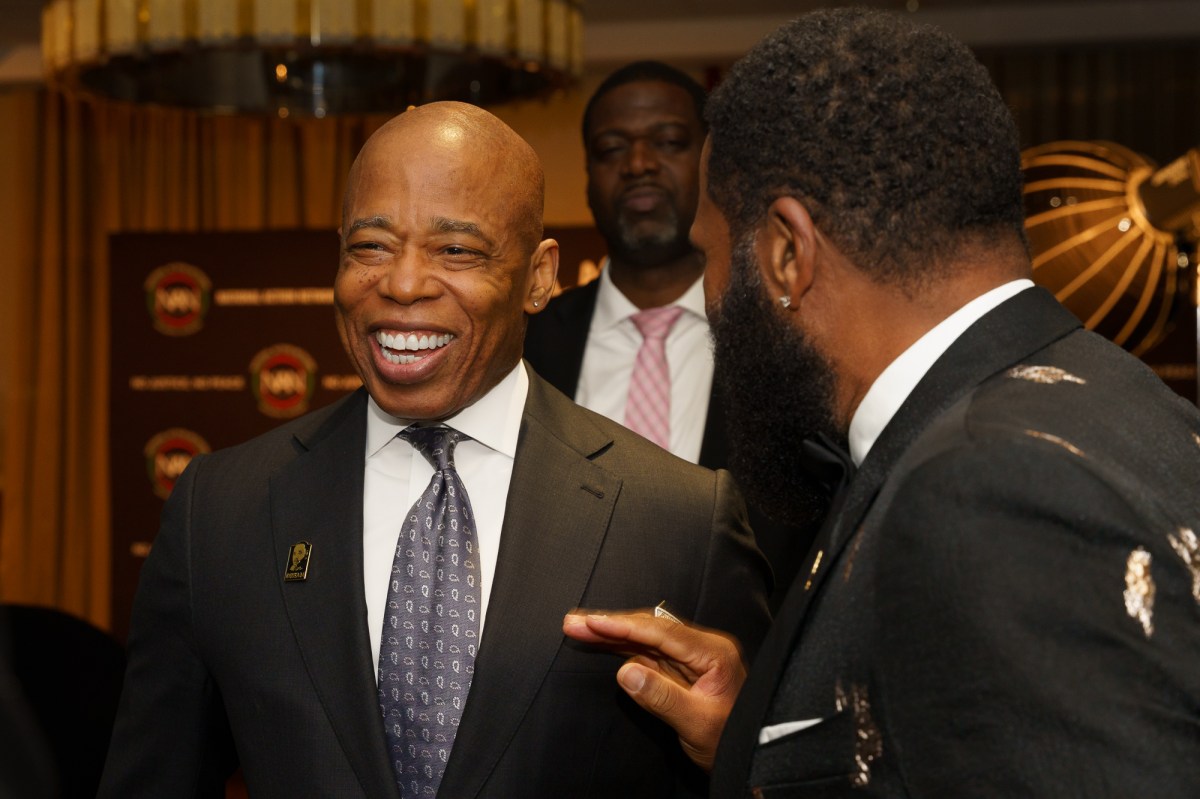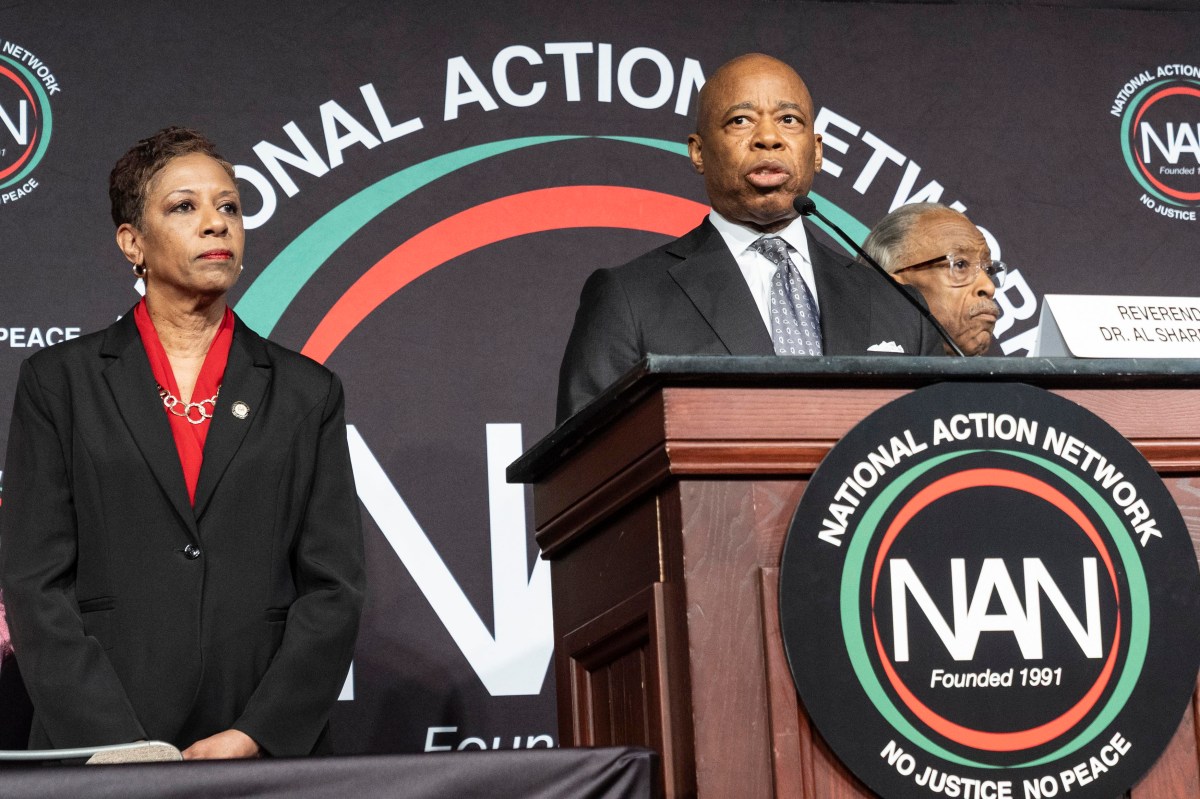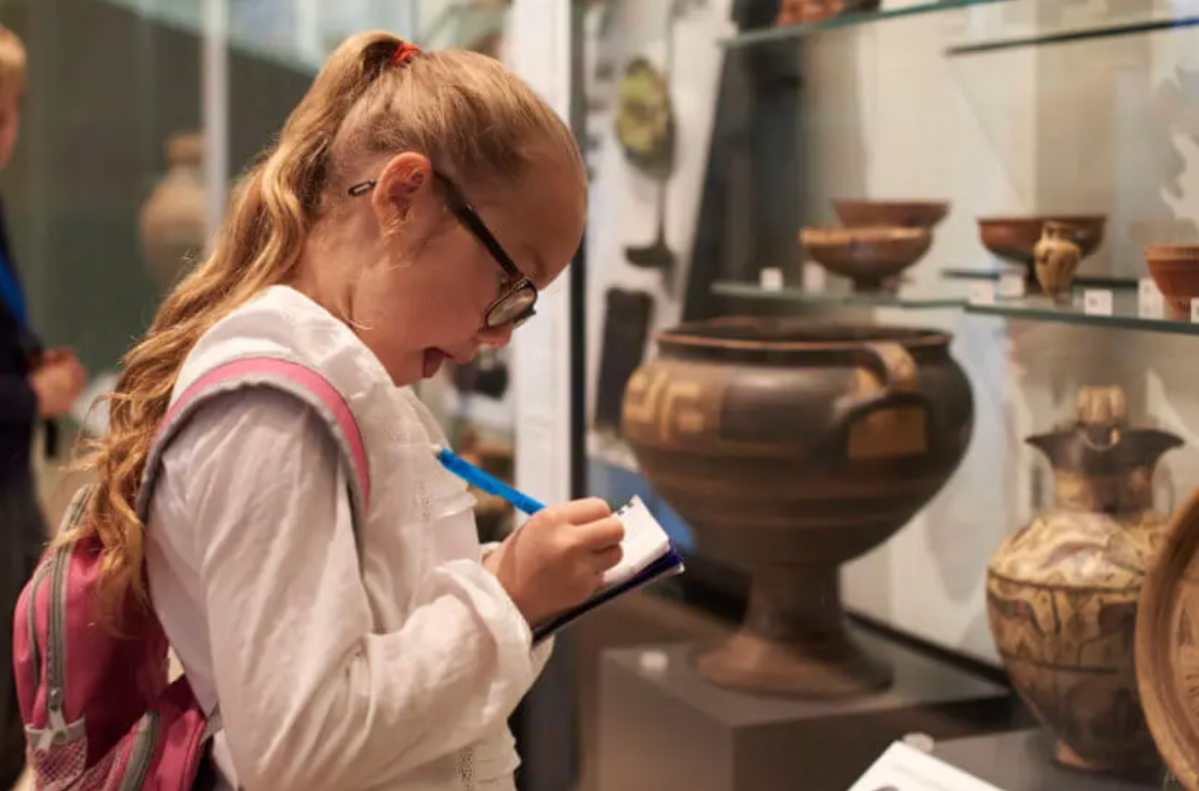By Madina Toure
City Councilman Rory Lancman (D-Fresh Meadows) and sex trafficking advocates are calling on the city to provide more funding for victims.
Lancman, chairman of the City Council’s Courts and Legal Services Committee, along with social service providers and survivors, rallied at City Hall last week .
“The city currently provides no dedicated funding to the organizations who are providing these services,” Lancman said. “Some of the organizations are very large organizations that deal with lots of different issues relating to women’s rights, domestic issues and others are small organizations that focus on this exclusively.”
The organizations include Sanctuary for Families, Restore NYC, the New York Asian Women’s Center and Girls Educational & Mentoring Services. Trafficking survivors Shandra Woworuntu and Iryna, who is only identified by her first name, also spoke.
Following the rally, Lancman held a budget hearing in which Toko Serita, the presiding judge at the human trafficking interventioncourt in Queens, testified before the committee on behalf of organizations and victims.
In 2004, a human trafficking intervention court was established in Queens County. The courts exist in all five boroughs. –The state Assembly recently passed a package of anti-human trafficking bills whose provisions include increased penalties across the board for human trafficking and labor trafficking, mandated prostitution offenses and services to human trafficking victims and a human trafficking hotline.
In October, Gov. Andrew Cuomo signed a law requiring case records involving 16- or 17-year-old victims to be sealed so that future employers cannot find out about their history.
Yasmeen Hamza, director of client services for the New York Asian Women’s Center, which has offices in Manhattan, Brooklyn and Queens, said the organization went from serving 170 women in 2013 to 258 in 2014, forcing them to temporarily stop taking clients from Queens for a couple of months. They still accepted clients from Queens in emergency situations.
The organization no longer serves Brooklyn or Nassau County due to increased demand.
An NYAWC intern or staff member attends court weekly and meets with the women, from the moment they are mandatedto havea given number of sessions.
Hamza said funding from the City Council would enable the center to send its staff members to human trafficking courts in all five boroughs, run their Asian Women’s empowerment program once or twice a week and fund workforce development and ESL classes.
“The funding would allow us to really effectively serve the women through the courts,” Hamza said.
No amount of funding has been determined yet, but Lancman said it is something that should be considered down the line.
“We want funding for these organizations to be on the table and it should be an appropriate amount of funding given how much is at stake and how important it is to the city,” he said.
Reach reporter Madina Toure by e-mail at mtour

































